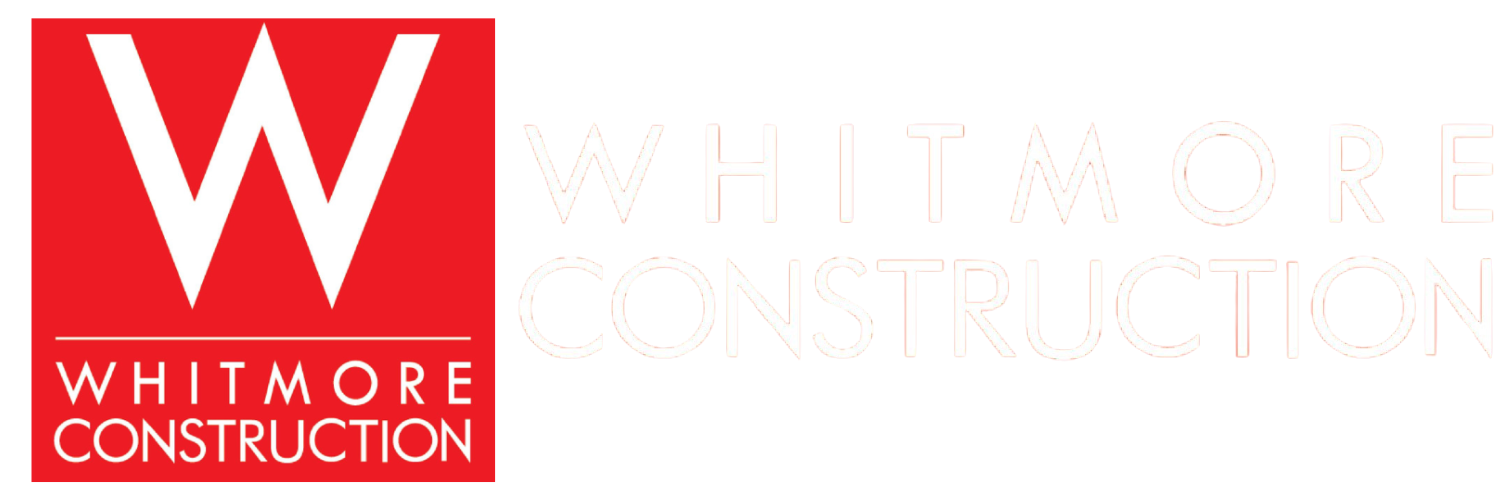 In the ever-evolving landscape of the construction industry, managing cash flow efficiently is essential for sustaining and growing a business. One financial tool that has gained traction among construction companies is invoice factoring. This article delves into the fundamentals of invoice factoring, its benefits, and how Frisco Construction effectively employs this strategy to enhance its financial health.
In the ever-evolving landscape of the construction industry, managing cash flow efficiently is essential for sustaining and growing a business. One financial tool that has gained traction among construction companies is invoice factoring. This article delves into the fundamentals of invoice factoring, its benefits, and how Frisco Construction effectively employs this strategy to enhance its financial health.
Understanding Invoice Factoring in Construction
The Basics of Invoice Factoring
Invoice factoring is a financial arrangement where a company sells its accounts receivable (invoices) to a third-party financial institution, commonly known as a factor, at a discount. This process enables businesses to receive immediate cash instead of waiting for clients to pay their invoices, which can often take 30 to 90 days or longer.
The primary function of invoice factoring is to improve liquidity for businesses that require quick access to cash. In the construction sector, where expenses for materials and labor can accumulate rapidly, this liquidity is vital for maintaining operations and meeting financial obligations. By converting invoices into cash, construction companies can invest in new projects, purchase necessary supplies, or even cover payroll without the stress of waiting for client payments.
The Role of Invoice Factoring in Construction
In the construction industry, timely payments are crucial due to the high costs associated with projects. Many construction companies face delays in receiving payments from clients, which can lead to cash flow issues. By utilizing invoice factoring, companies can bolster their cash flow while focusing on project execution instead of chasing payments. This financial strategy not only alleviates immediate cash flow concerns but also allows companies to take on more projects, as they are not constrained by the waiting period for client payments.
Moreover, as construction projects often involve multiple stakeholders, including subcontractors and suppliers, invoice factoring can help ensure that everyone is compensated on time. This can lead to improved relationships within the supply chain and enhance a company’s reputation in the industry. Additionally, timely payments can reduce the risk of disputes and delays in project timelines, fostering a more collaborative environment among all parties involved. The ability to pay subcontractors promptly can also attract higher-quality labor and materials, ultimately leading to better project outcomes and increased client satisfaction.
Furthermore, invoice factoring can serve as a strategic tool for managing seasonal fluctuations in construction work. Many construction companies experience peaks and valleys in their workload, and having access to immediate cash flow through factoring can help them navigate lean periods more effectively. This flexibility allows businesses to maintain a steady workforce and avoid layoffs, which can be detrimental to morale and company culture. By ensuring that financial resources are available when needed, construction companies can position themselves for growth and stability, even in a competitive market.
The Benefits of Cash Advance Invoice Factoring
Improved Cash Flow Management
One of the most significant advantages of cash advance invoice factoring is the enhancement of cash flow. By converting receivables into cash quickly, companies like Frisco Construction can allocate funds to pressing business needs, such as paying suppliers, covering payroll, and investing in new projects.
Improved cash flow management enables construction firms to respond promptly to unexpected expenses or emergencies, ensuring that operations do not stall due to lack of funds. This financial flexibility allows companies to take on larger projects or expand their services without the stress of cash shortages.
Mitigating Financial Risks
Another notable benefit of invoice factoring is its ability to mitigate financial risks. Especially in the construction sector, where payment delays can be common, having a reliable cash flow source is crucial. Invoice factoring allows companies to avoid relying solely on their clients’ payment practices.
Additionally, many factoring companies carry out credit checks on clients before purchasing invoices. This means that Frisco Construction can benefit from the insight of the factoring company, effectively filtering clients based on financial reliability, which further diminishes the risk of non-payment.
How Frisco Construction Utilizes Invoice Factoring
The Process of Invoice Factoring in Frisco Construction
Frisco Construction has adopted a systematic approach to invoice factoring. The first step involves identifying outstanding invoices that can be factored. Once these invoices are selected, the company partners with a reputable factoring firm to initiate the sale.
The factoring company then advances a predetermined percentage of the invoice value, usually around 70% to 90%, and takes responsibility for collecting the payment from the client. Once the client pays the invoice, the remaining balance, minus a factoring fee, is released to Frisco Construction.
This streamlined process allows Frisco Construction to maintain focus on its operational tasks while ensuring that cash flow is uninterrupted. The company has developed strong relationships with several factoring partners to facilitate quick access to funds as needed.
Why Frisco Construction Prefers Invoice Factoring
Frisco Construction favors invoice factoring over traditional bank loans for several reasons. First, the approval process for factoring is considerably faster and more straightforward than that of bank financing. This speed allows the company to access necessary funds without extended waiting periods.
Moreover, invoice factoring does not accumulate debt on the balance sheet, which is a major selling point for many construction firms wary of overleveraging. By utilizing factoring, Frisco Construction can invest in new projects while preserving its financial health.
Potential Drawbacks of Cash Advance Invoice Factoring
Costs and Fees Associated with Invoice Factoring
Despite its advantages, cash advance invoice factoring does come with potential drawbacks. One major consideration is the cost associated with the service. Factoring companies charge fees that can vary based on various factors, including the volume of invoices and the creditworthiness of clients.
These fees can eat into profit margins if not properly managed, thereby making it vital for Frisco Construction to carefully evaluate the costs involved against the benefits of swift access to cash. Understanding the fee structure can help in making informed decisions about when to utilize this financial tool.
Dependence on Customer Payment Habits
Another challenge is the degree of reliance on customer payment habits. If clients have a history of late payments, it may affect the ability of Frisco Construction to factor those invoices efficiently. Continually high levels of customer delinquency can lead to higher fees and potentially strain financial resources.
To mitigate this risk, Frisco Construction must engage in diligent client management, ensuring that it partners with financially stable clients and maintains a robust collection process.
Future Trends in Invoice Factoring for Construction
Technological Innovations in Invoice Factoring
The landscape of invoice factoring is continuously evolving, especially with the integration of technological innovations. Digital platforms are making the factoring process more transparent and accessible. These technologies are enabling construction firms to manage their invoices and cash flow more effectively than ever before.
For instance, automation tools can help track invoices and payments, minimizing the manual effort required in the factoring process. As Frisco Construction embraces these advancements, it can expect improved efficiency and effectiveness in its financial operations.
The Impact of Economic Changes on Invoice Factoring
Finally, economic changes can significantly influence the dynamics of invoice factoring in the construction industry. Economic downturns often lead to increased instances of delayed payments, which could cause challenges in cash flow management for construction firms.
Conversely, in a thriving economy, an increase in construction projects may prompt higher demand for invoice factoring as companies seek to capitalize on growth opportunities quickly. Frisco Construction must remain agile and adapt its financial strategies to align with these economic shifts to maintain its competitive edge.
Ready to ensure the financial stability and growth of your construction projects? Look no further than Whitmore Construction. With our comprehensive in-house services and partnerships with expert vendors, we’re poised to bring your project to life swiftly and efficiently. Our commitment to excellence is evident in our rigorous feedback implementation and continuous improvement policies. Experience the peace of mind that comes with a highly trained, fully insured team that’s compliant with all state regulations. Whether it’s aerial construction or underground cable placement, our turn-key services are designed to meet all your utility construction needs, backed by a history of thousands of miles of successful installations. Don’t let cash flow challenges hinder your progress. Start Now! with Whitmore Construction and take the first step towards a partnership that prioritizes the integrity and success of your construction endeavors.
